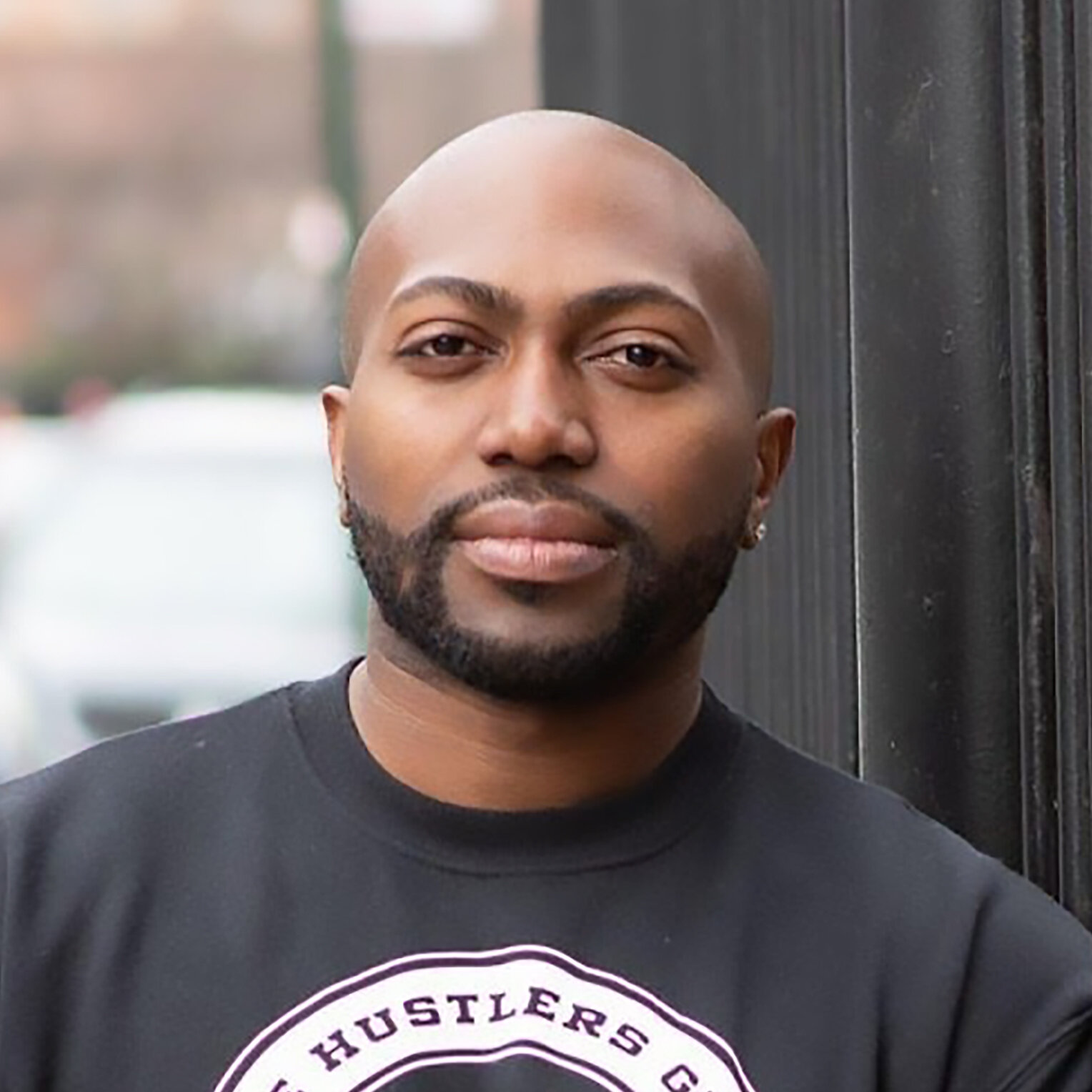Khalil’s Got Love: Building Asset-Based Narratives for Black Youth through Children’s Literature
In my project, I will promote asset-based narratives of Black youth through a self-published children’s book project celebrating Black urban culture and the beauty of Black family in all its configurations.
The book is tentatively called Khilil’s Got Love, which tells the story of a young boy (age 8) who confesses to his grandmother that he does not have love around him because he does not have a mom or a dad. An incident prompts Khalil to question the circumstances around him- circumstances that are repeatedly reinforced as bad in the media and to Khalil. Through carefully curated illustrations and thoughtful, illustrative dialogue between Khalil and his grandmother and other kin in his village, I hope to break that barrier.
I plan to self publish this book. I plan to distribute copies to community centers and churches within reach. I will put it on the market, but that is not where my heart is. I want to disrupt the narratives about us; I want such a book within reach.
PROBLEM ANALYSIS
Unfortunately, in the west- there is a lack of youth-serving material and content that carefully and authentically reflect this reality for us. There is also a lack of content that reflect the circumstances in all its varieties (e.g. urban contexts painted as these bad places to escape).
In recent years this has started to shift, but it’s still far from where it needs to be. In my children’s book- by telling the story of a young Black boy whose village is helping him navigate a context so often branded as bad/negative. This asset-based children’s book will speak to a very familiar experience.
There was nothing in the media that affirmed experiences like the one I had, which due to racist public health structures, the prison industrial complex, chronic poverty, and other things to which are systemic and not the fault of the people in those communities.
So many Black children essentially grow up without acknowledgements of their circumstances by the mainstream as something that is not their fault, ok, far too common- but there are amazing people, resources, places, and happenings in their community to understand and celebrate.
Impact
I want Black children like Kevin (me) age 8, to see themselves in a book. I want a young child to read this book and see the beauty and strength of their circumstances and their environment outside of materialism and conventionality.
Many of our stories even - and for certain those within the children’s literature space at large- lack thoughtful consideration for class. The function of class and economics in children’s literature across cultural contexts paint facets of urbanity or perhaps lack of materialism as bad. This is a problem I hope to call out not just within the book, but within discussions around it.

